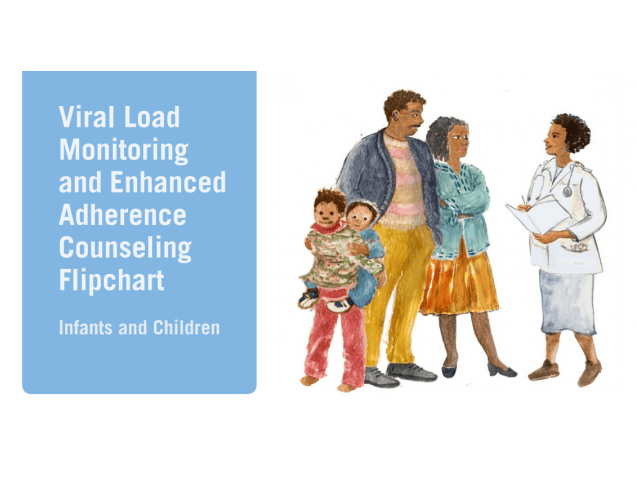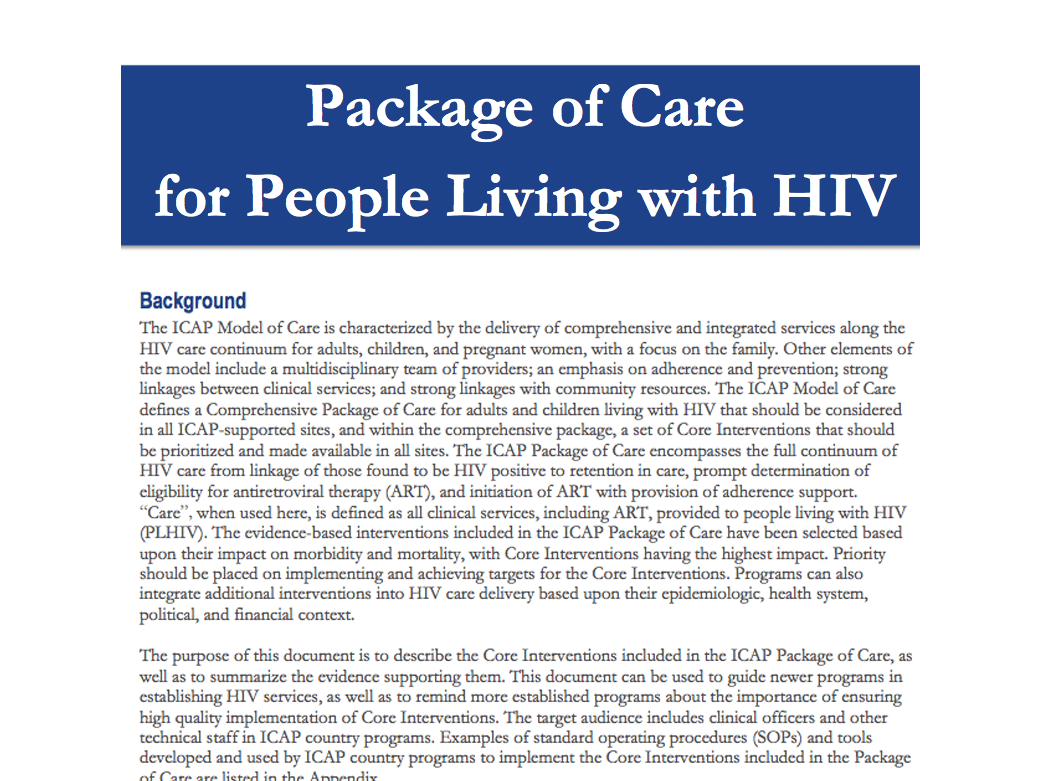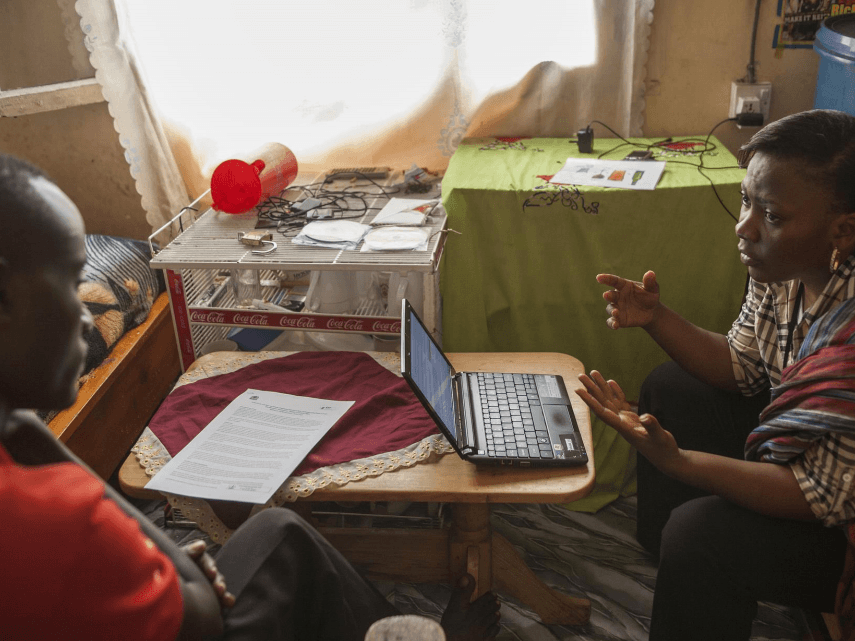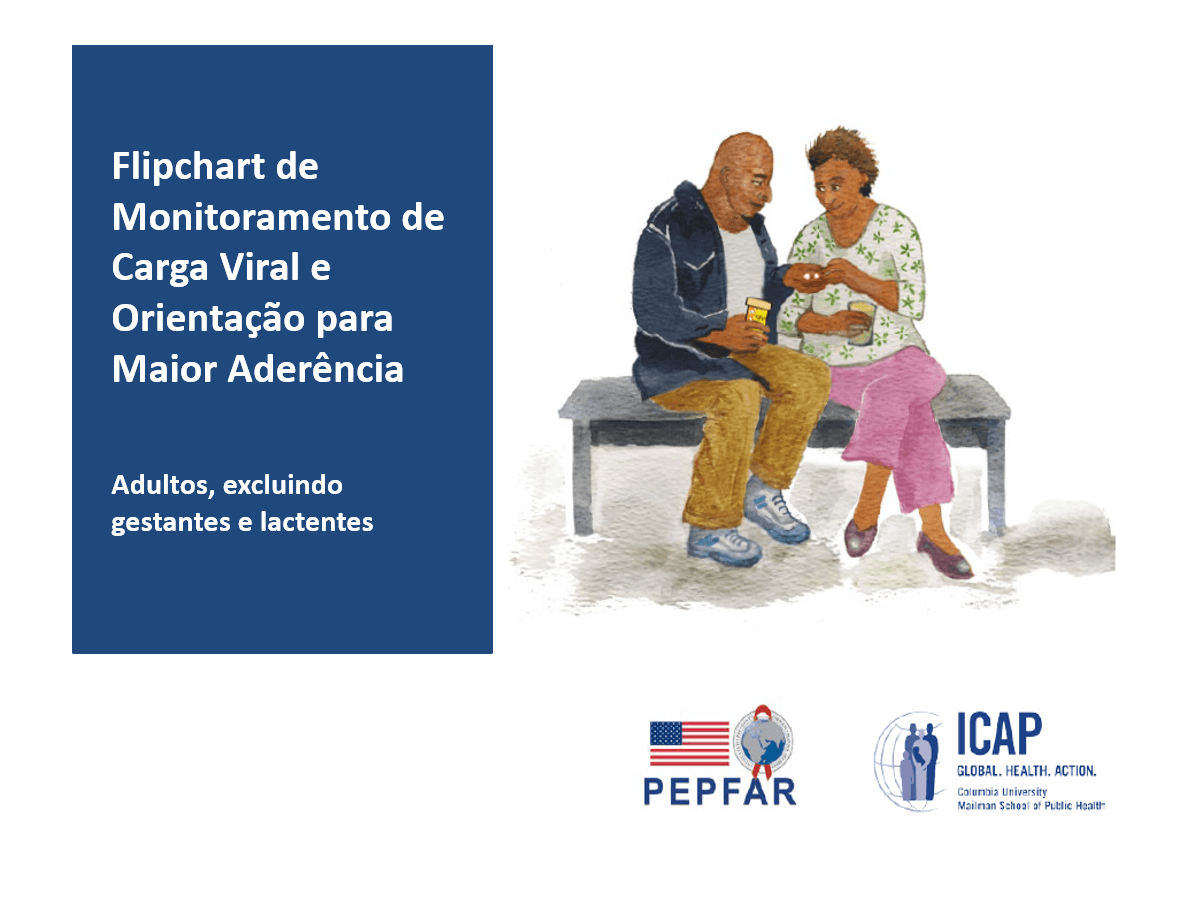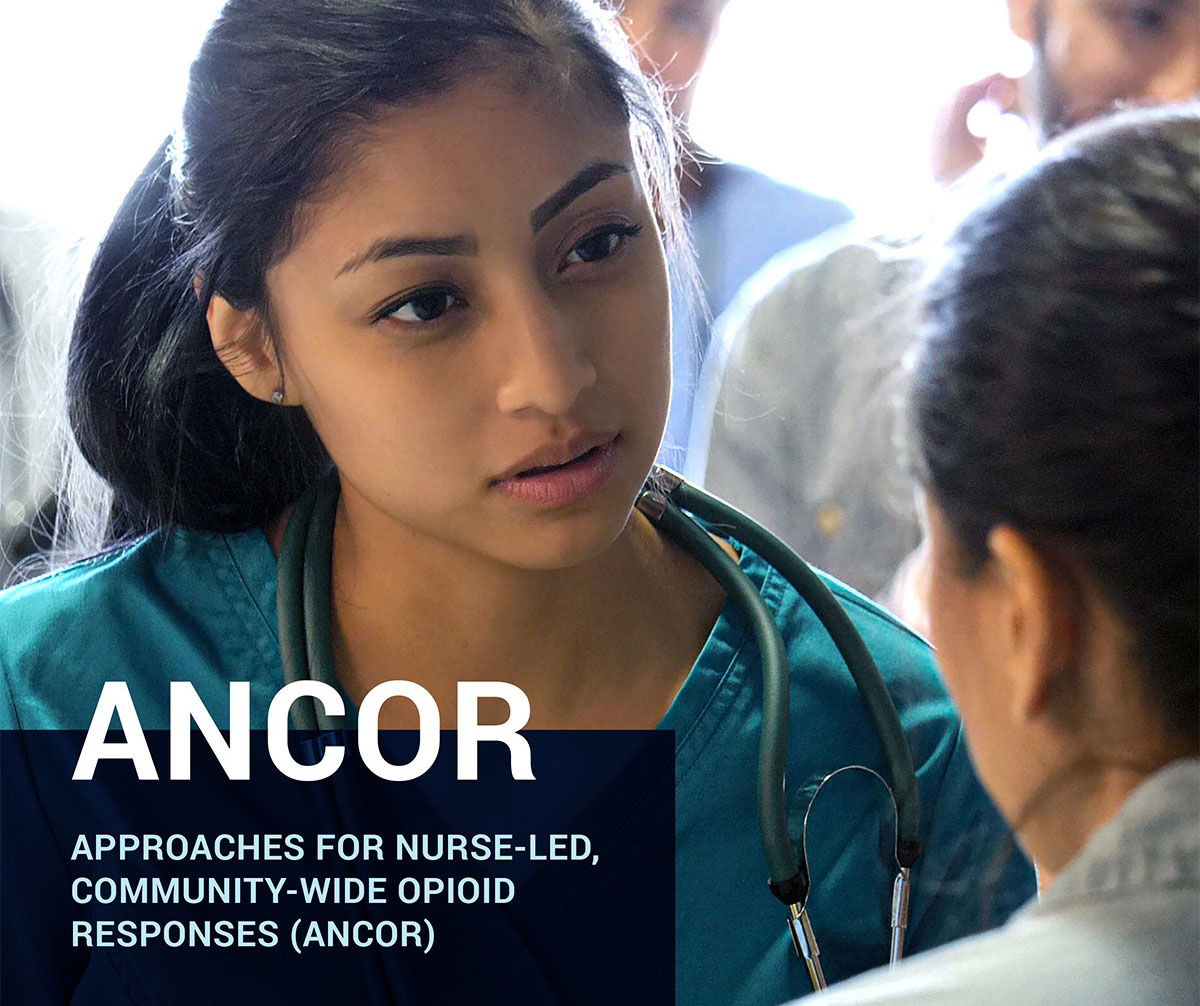
In direct response to the ongoing opioid epidemic, which has been devastating lives and leaving health systems struggling to cope, ICAP has created a practical, results-driven toolkit to equip nurses and other frontline health workers with the essential information and tools they need to care for people and communities affected by opioid use disorders.
The Approaches for Nurse-led, Community-wide Opioid Responses (ANCOR) toolkit provides a valuable new resource designed to provide nurses and other health care professionals working on the frontlines of the opioid epidemic with up-to-date information on evidence-based tools and practices that can be immediately applied to their interactions with individual patients, their families, and the community at large.
This toolkit is written for nurses and other health care workers eager to engage in the opioid response, yet you do not need a nursing degree to use or benefit from this toolkit. Whether you are a seasoned health worker with experience treating substance use disorders or a community health leader eager to learn more, this toolkit is for you. Many types of public health workers, including first responders, social workers, doctors, pharmacists, and others, should find this toolkit useful.
The ANCOR toolkit draws upon the insights and knowledge of the nurses and other public health and safety professionals who generously shared their time and perspectives with our team. It also reflects the experience, expertise, and contributions of multiple ICAP at Columbia University staff.
Community Response Dashboard
(Last updated September 2019)
A key feature of the toolkit is the ANCOR Dashboard, which tracks the maturity of local community responses. The dashboard is designed to help communities assess their response to the opioid crisis in relation to both their own baseline and an exemplar or “model” response. It is comprised of several domains, each of which is critical to a comprehensive response: Stakeholder Coordination, Community Engagement, Pain Management Approach, Training, and Leadership Development. The dashboard is intended to look across individual and organizational efforts to the community level, and to measure incremental progress over time at appropriate intervals.
Stakeholder Coordination*
Stage 1
No coordination of local efforts to respond to the opioid epidemic
Stage 2
Plans to identify appropriate stakeholders and bring them together are underway
Stage 3
There have been one or more meetings of stakeholders, but one or more important stakeholder(s) are not represented and/or insufficient data is available to guide actions
Stage 4
Stakeholders meet and implement appropriate actions, but the community response is still missing important stakeholders and/or key prescribing, health indicator, or law enforcement data
Stage 5
All key stakeholders are represented, and meet regularly to plan and monitor progress of appropriate responses in a comprehensively data-driven manner
Community Engagement**
Stage 1
Community is not engaged or interested in addressing the opioid epidemic, and no formal effort to engage the community is in place
Stage 2
Some community engagement has been established and a formal effort to expand community engagement has been launched
Stage 3
Substantial engagement with community partners exists, but community partners are not coordinated in the response to the opiate epidemic
Stage 4
Substantial engagement with community partners exists and community partners are coordinated in the response to the opiate epidemic
Stage 5
Community partners are coordinated and actively engaged with other key stakeholder in the response to the opiate epidemic
Pain Management Approach
Stage 1
No systems in place to educate prescribers, pharmacists, and patients on opioid risks, benefits, and best practices; and/or limited or no availability of non-medication pain management resources (PT, chiropractic, meditation, etc.
Stage 2
Routine access to current education on opioids and non-medication options is available to some prescribers, pharmacists, and patients; and some non-medication pain management resources are available, though access is not well coordinated
Stage 3
Routine access to current education on opioids and non-medication options is available to some prescribers, pharmacists, and patients; and some non-medication pain management resources are available and care is coordinated
Stage 4
Routine access to current education on opioids and non-medication options is available to some prescribers, pharmacists, and patients; and sufficient non-medication pain management resources are available and care is coordinated
Stage 5
The community provides a well-coordinated response that includes: patient, pharmacist, and prescriber education, non-medication pain management resources, and pain experts for the referral of complex cases
Harm Reduction Approach
Stage 1
Community has few to no programs to reduce the harms associated with opiate use, including naloxone, clean needles, and facilitated referrals for individuals interested in drug treatment
Stage 2
Limited harm reduction services are available, which do not reach the majority of individuals who need them
Stage 3
Harm reduction services are available, however they are not fully comprehensive or accessible to many individuals who need them
Stage 4
Harm reduction services including naloxone, clean needles, and facilitated referrals for individuals interested in drug treatment are available for most who need them, though not in a well-coordinated or integrated way
Stage 5
The community provides a well-coordinated response that includes harm reduction services including naloxone and clean needles, facilitated referrals for individuals interested in drug treatment
Opioid Use Disorder Treatment
Stage 1
No systems in place to educate prescribers, pharmacists, and patients on opioid risks, benefits, and best practices; and/or limited or no availability of non-medication pain management resources (PT, chiropractic, meditation, etc.
Stage 2
Routine access to current education on opioids and non-medication options is available to some prescribers, pharmacists, and patients; and some non-medication pain management resources are available, though access is not well coordinated
Stage 3
Routine access to current education on opioids and non-medication options is available to some prescribers, pharmacists, and patients; and some non-medication pain management resources are available and care is coordinated
Stage 4
Routine access to current education on opioids and non-medication options is available to some prescribers, pharmacists, and patients; and sufficient non-medication pain management resources are available and care is coordinated
Stage 5
The community provides a well-coordinated response that includes: patient, pharmacist, and prescriber education, non-medication pain management resources, and pain experts for the referral of complex cases
Data Use for Program Response
Stage 1
No active compilation or use of key data, e.g., overdose, drug use, criminal justice data, treatment enrollment and availability, other health metrics
Stage 2
Some relevant data collected but not coordinated or systematically reviewed for program improvement by community stakeholders
Stage 3
Some data is systematically reviewed for program improvement by limited stakeholder groups
Stage 4
An integrated approach to reviewing a range of key data is in development; some data is reviewed systematically by community stakeholders
Stage 5
Community stakeholders have access to a sufficient range of key data in a timely fashion, and use these data to guide programmatic response
Training
Stage 1
Community has no training program(s) for patients, law enforcement, medical providers, nurses, harm reduction staff, drug treatment staff, emergency services, pharmacists
Stage 2
Some limited training programs exist; little is understood about the reach or appropriateness of these programs
Stage 3
Appropriate trainings are in place for certain groups, though gaps in understanding about training for other groups exist
Stage 4
Appropriate trainings are in place for certain groups; plans to introduce appropriate trainings for other groups have been developed
Stage 5
Appropriate curriculums have been implemented for patient education, law enforcement, medical providers, nurses, harm reduction staff, drug treatment staff, emergency services, and pharmacists
Leadership Development
Stage 1
No leadership experience in addressing the opioid crisis and no leadership opportunities currently exist
Stage 2
Stakeholders have begun to discuss establishment of a community leadership development program
Stage 3
A leadership development program is planned for the community by key stakeholders
Stage 4
An active leadership program identifies community members and engages them with critical mentorship, capacity building, and opportunities for hands-on experience to foster leadership development
Stage 5
Community members have taken on relevant leadership positions following involvement in leadership development program
* Stakeholders may include community representatives (see below), government agencies, community-based services organizations, healthcare providers, drug treatment providers, law enforcement and correctional institutions, and emergency/first responders
** Community representatives may include persons with OUD, families, faith communities, advocates for persons with OUD, and others affected by OUD in communities
The toolkit and project were funded by Johnson & Johnson, in alignment with their long-term commitment to supporting nurses on the frontlines of health care. The funder had no involvement in research or content development for this toolkit. Its ideas and content are solely the product of ICAP.


